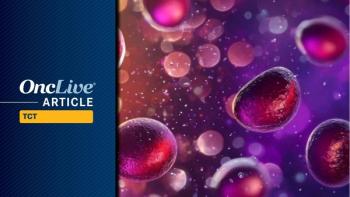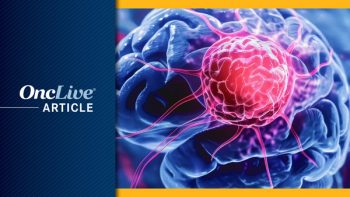
CAR T-Cell Therapy’s Future for Lymphoma
Transcript:
Stephen J. Schuster, MD: The next issue is an in-depth analysis of the future directions, and any data that are driving those future directions, anything that you guys saw that was exciting between the last ASH [American Society of Hematology annual meeting] and the current ASCO [American Society of Clinical Oncology] meeting?
What I thought was exciting was that they didn’t use chemotherapy. I’ll bet you don’t see the same kind of cytopenias when you don’t give Cy/Flu [cyclophosphamide, fludarabine]. I’m speaking as somebody who also has seen a lot of CLL [chronic lymphocytic leukemia] in my life, and I’m sure Loretta has seen a lot of CLL where she lives. And [cyclophosphamide, fludarabine] is tough on patients, particularly if they’ve had other prior treatments, including transplants. And I’m not at all surprised that there are prolonged cytopenias. Yes, there’s some impact of having an inflammatory state, particularly if the disease involved the marrow. That’s going to contribute. But believe me, [cyclophosphamide, fludarabine] is not vitamin B12.
Loretta J. Nastoupil, MD: The other thing I thought was interesting about that abstract is they had very low rates of grade 3 or higher CRS [cytokine release syndrome] or neurotoxicity, strikingly low.
Stephen J. Schuster, MD: In some data I’ve seen using the tandem bispecific CAR [chimeric antigen receptor] is similar. I don’t know what to make of that, Loretta, history being important. But that struck me as well.
Transcript Edited for Clarity




































